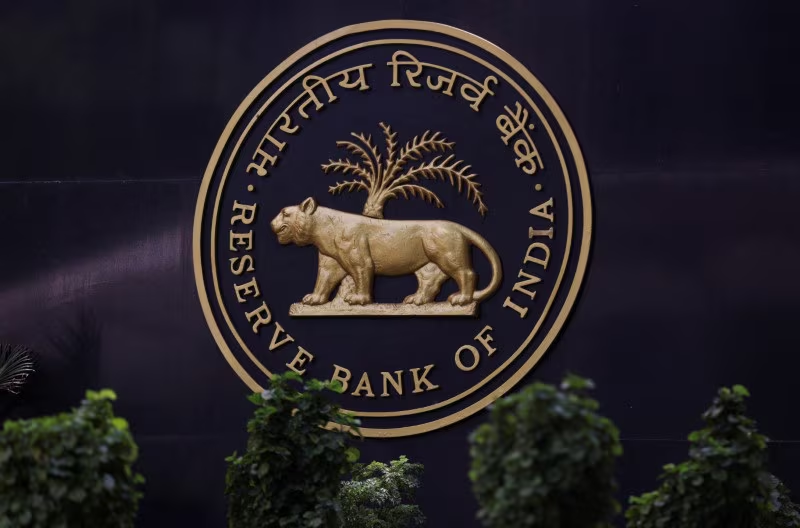Indian ultra-high-net-worth individuals (UHNWIs) looking to transfer their overseas wealth as gifts to children or relatives are running into a regulatory wall. According to people familiar with the matter, the Reserve Bank of India (RBI) has informed some wealthy individuals and their advisors that sale proceeds from offshore investments cannot be simply transferred abroad as gifts to other non-residents.
The feedback stems from a strict reading of India’s foreign exchange regulations. Under the Liberalised Remittance Scheme (LRS), resident individuals can invest up to $250,000 a year in overseas securities, and properties, or remit money for the maintenance of relatives abroad. Income earned on such investments can be reinvested or retained abroad. However, once assets are sold or investments mature, the regulations require that the funds must either be reinvested or brought back to India.
As per the revised 2022 guidelines, “The received/realized/unspent/unused foreign exchange, unless reinvested, shall be repatriated and surrendered to an authorized person within a period of 180 days from the date of such receipt/realization/purchase/acquisition or date of return to India, as the case may be.”
In practice, however, many wealthy individuals have been transferring sale proceeds to their children who live abroad — many of whom have become Non-Resident Indians (NRIs) — instead of bringing the funds back to India. By gifting the money offshore, they avoid exhausting their $250,000 LRS limit. Families meticulously plan such transactions by remitting $250,000 annually per member and then transferring the matured investment proceeds years later.
Regulators believe this approach takes an aggressive view of the law. “While the FEMA (Foreign Exchange Management Act) clearly prohibits gifting overseas portfolio investments to non-residents, whether the funds from sale of such overseas assets can be gifted or not, remains a grey area under LRS,” said Harshal Bhuta, partner at CA firm PR Bhuta & Co.
The RBI’s tighter scrutiny reflects concerns over controlling capital outflows and monitoring the end use of remitted funds. Authorities want to avoid non-permitted overseas investments slipping through regulatory cracks.
However, some experts argue the rules leave room for interpretation. “Realised forex in your LRS bank account can be used towards foreign travel expenses. This is a permitted LRS transaction even if the expenditure is made from an overseas bank account. By the same logic, it can be said that since giving a gift is a permitted transaction under LRS, it should also be permitted from overseas bank accounts. Since both interpretations carry weight, the issue of gifts has become a subject of regulatory ambiguity,” said Bhuta.
Adding to the uncertainty, private sector banks — which act as the first line of FEMA compliance — are reportedly questioning mismatches between declared remittance purposes and actual fund usage. Any discrepancy between the ‘purpose code’ indicated on LRS forms and how the funds are eventually used could now trigger further scrutiny.
Some believe the spirit of the LRS has shifted over the years. “When LRS came in 2004, the thought process was to allow a certain amount for overseas spending. It was a step towards rupee convertibility. The term ‘liberalized’ in LRS has now given way to ‘restrictive’. RBI should step in, reintroduce the same thinking, and allow more flexibility,” said Rajesh P Shah, partner at Jayantilal Thakkar & Company, a CA firm specializing in FEMA.
The strict interpretations, experts argue, may defeat the scheme’s original intent. “Multiple compliance and differing interpretations defeat the very purpose of LRS. One such interpretation is that the money remitted for stock investment must be either brought back post disinvestment or reinvested, but cannot be gifted — as it does not amount to reinvestment,” said Shah.
As regulators tighten oversight, Indian families seeking to transfer offshore wealth will likely need to revisit their strategies — and prepare for closer scrutiny.






